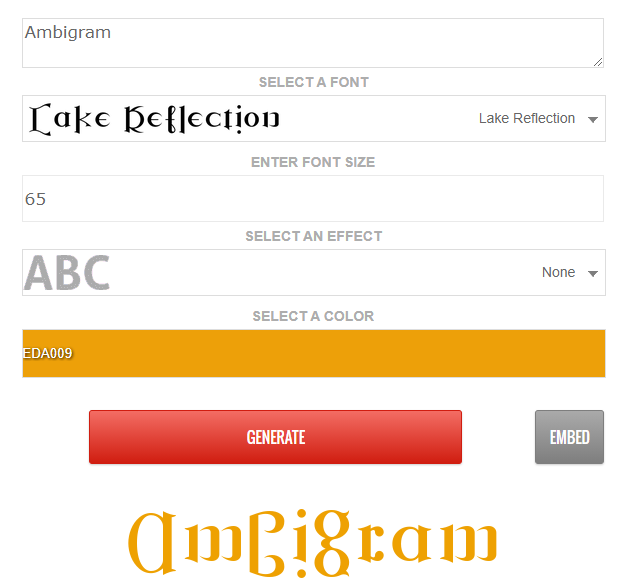A proxy proves helpful when you want to connect to the internet anonymously and gain access to restricted websites. Residential proxies are a common type of proxy that has been evolving through the years.
What is a Proxy?
A proxy is a server that acts as a connection point between the user’s device and the website they want to see. Its role is to hide the device’s original IP address. Normally when a device’s network wants to access a website, it sends requests to HTTPS before the user can view that page. A proxy possesses a user’s request while concealing the user’s true identity.
How Does a Proxy Work?
A proxy server is connected to the internet and has its own IP address and your computer recognizes it. When you make a web request, it first goes through the proxy server. After that, the proxy makes your web request on your behalf. It gets the answer from the web server and transmits the web page data to you for viewing in the browser.
When the proxy gives your web requests, it can alter the data you submit and still deliver the results you expect. Your IP address can be changed using a proxy server. This way, the web server won’t know your exact location in the world.
Your IP address is visible to web servers and others when you’re online without using a proxy. Finding your IP address is relatively simple. This can easily lead to security breaches and other identity-related leaks. A proxy has an IP address that is utilized on your behalf so that your real IP address is not revealed.
In response to limits on Internet freedom, a new type of proxy has emerged in recent years. This new technique comprises the deployment of physical end-user devices to deliver proxy services to a wide consumer base. It is known as a residential proxy.
What are Regular Residential Proxies?
It is a service that allows residential users to access the Internet in the privacy of their own homes or business. People utilize residential proxies for a variety of reasons. However, one of the main reasons is to get around geo-blocking. Residential proxies are now being offered by some companies as part of their services.
The residential IP proxy directs your web traffic through an intermediary proxy server. However, this server does not immediately take your request to the target site. What happens is that a resource server selects a random IP address and routes your request through it. Even the most advanced checkers will accept this elegant method to legitimize traffic.
How Does Recent Proxy Development Differ from Regular Residential Proxies?
There are various sorts of proxies available today. Datacenter proxies and residential proxies, for example, are two of the most common proxy types. However, the capabilities and applications of these two proxies are different.
As we have already seen, proxy servers function as a connection point between you and the internet. Proxy servers were once only used to route web requests for data security and performance. However, you will find that current proxies go above and beyond. They can be employed on a personal as well as a business level.
Price Difference
There’s a big price difference. Residential IP addresses are far more difficult to obtain and can be rather expensive. Recent proxy developments, on the other hand, can be simply constructed and utilized in large numbers.
Residential Proxies have a Bigger Pool of IP addresses
Residential proxies tend to have a larger variety of IP addresses that can cover more places because real IP addresses from different locations are used. As a result, they’re more useful for accessing geo-restricted content.
Recent proxy developments are faster
Recent proxy developments are speedier than residential proxies since they only route traffic through their servers. Residential proxies, on the other hand, frequently have business-grade internet. The latter is slower since proxies must rewrite your requests, and they use, at best. Residential proxies are also more susceptible to slowdowns caused by the other user.
Great for Bots
When utilizing bots, faster proxies are preferable. This is because you need speedy automation to keep things running smoothly. The same may be said for data collection or any other task that necessitates quick thinking.
High Anonymity Proxy
These are the most advanced proxies and for good reason. They do not leak any of your personal data nor identify themselves as proxies when accessing the web. What’s more, they keep changing the IP address they use. This is the biggest advancement in the proxy world.
Conclusion
In our sophisticated culture, fraud detection and protection have become very crucial. When we engage in any online transaction, we are all possible targets for cybercriminals. This does not, however, imply that conducting business online or using internet-enabled apps is risky.
Having a proxy in place can help protect your organizations and their consumers against online fraud. Residential proxies are quickly evolving, making it possible for businesses to gain access to geo-blocked content.






